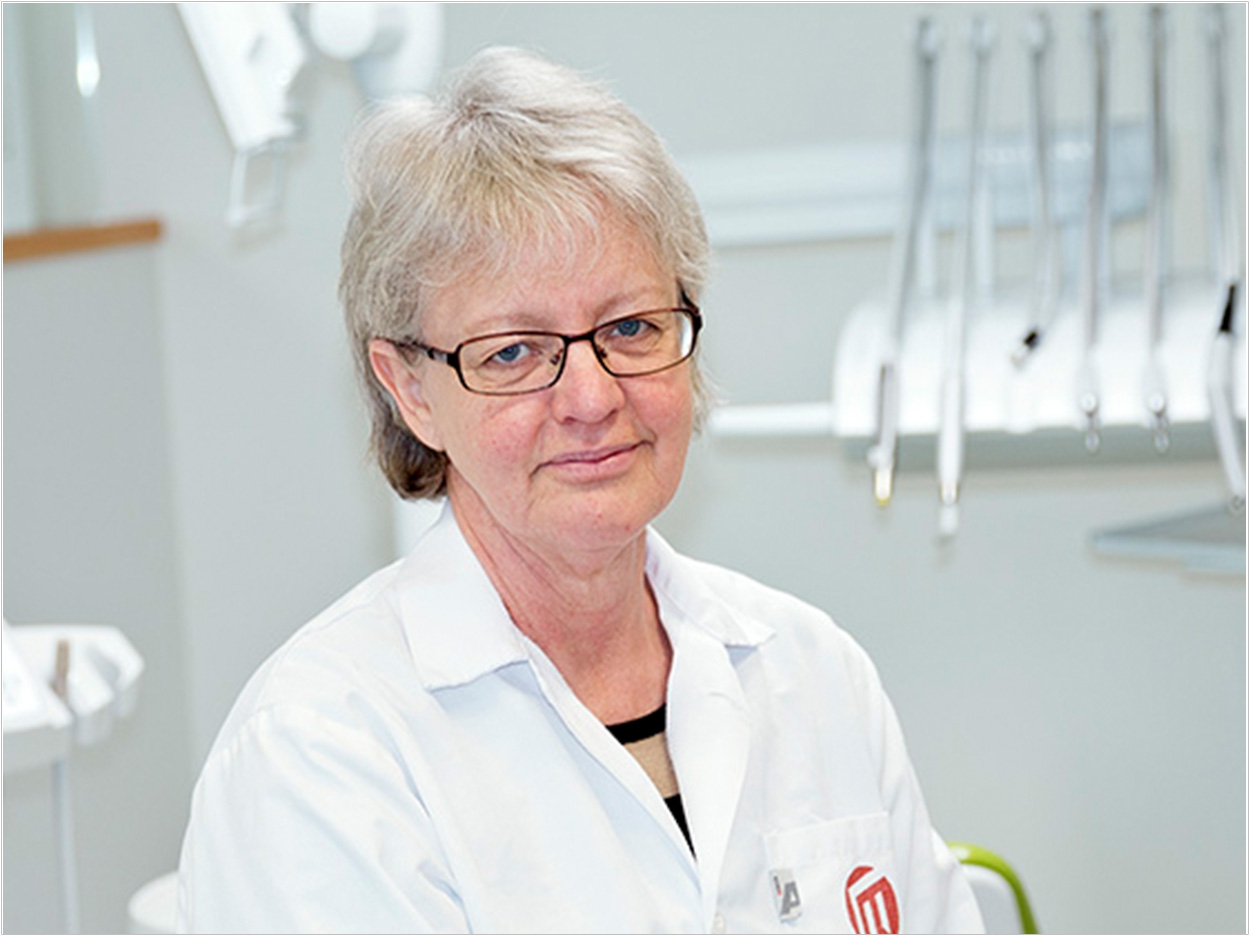
The defenselessness experienced while sitting in the dentist’s chair can prompt memories of sexual abuse, according to Eva Wolf, PhD, DDS, associate professor of endodontics at Malmö University. She interviewed 13 people who had such experiences and found that many are scared and avoid going to the dentist, do not show up for appointments, or leave ongoing treatment.
“It is very clear that the situation at the dentist is reminiscent of abuse previously experienced. It is the same defenselessness and powerlessness that arises in situations of abuse,” Wolf said, adding that by recognizing these reactions, dental care can contribute to the disclosure of abuse.
Dental education and dental hygienist education are among the programs that, according to the Swedish Higher Education Ordinance, must educate students about men’s violence against women and violence in close relationships.
“Healthcare professionals must be attentive and dare to ask the question about exposure to violence, even if it may feel difficult to do so. Dentists can then guide a patient to suitable help from, for example, a psychologist,” Wolf said.
According to Wolf, the association with the abuse can lead to patients shielding themselves from the experience, disappearing mentally, and “agreeing to anything” during the treatment, while on the surface they seem calm.
“It is a very nasty situation, and we in dentistry need to understand more about what it can mean when the patient is with us,” said Wolf, whose research is continuing with questions of how health, oral health, and life in general have been affected by the abuse and the importance of care in dental care.
“The feeling of powerlessness makes the need for control great. The patient needs to know what is going on, by whom, how it might feel, and how long a procedure takes. Each situation is individual, the patient needs to be involved in the treatment, and agreements entered must not be broken. They want to meet a fellow human being,” Wolf said.
Wolf conducted her research with Gisela Priebe, PhD, an associate professor with the Department of Psychology at Lund University, and Erin McCarthy, PhD, a professor of philosophy at St. Lawrence University.
“You must be able to receive the person’s story in a professional way and keep calm. There should be clear routines for this. This is important for the patient to dare to tell someone else,” said Priebe.
Related Articles
How to Spot Child Abuse Among Your Patients
PTSD May Be Causing Your Patients’ Dental Pain
Dentists Can Be the First Line of Defense in Identifying Domestic Abuse


